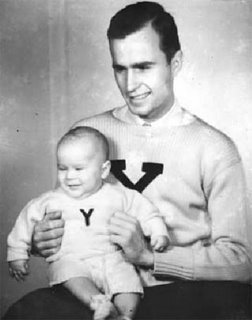
Thomas Jefferson said that “There is a natural aristocracy among men. The grounds of this are virtue and talents.” Apparently, he had it all wrong. Apparently, our aristocracy is one based on wealth and privilege, at least concerning our nation’s most prestigious universities.
In an article entitled “Poison Ivy”, this month’s Economist reports that “No less than 60% of the places in elite universities are given to candidates who have some sort of extra ‘hook’, from rich parents to ‘sporting prowess’. Harvard admits 40% of legacy applicants compared to 11% of general applicants. About 25% of students in Notre Dame are the offspring of alumni.
So what does this mean in practical terms? Apparently, it means that if you come from a rich family, or your parents went there, or you’re above average in fencing or polo, or your parents work there, then you’re a shoe in. So much for the level playing field. Moreover, since salaries are more and more based on the quality of post-secondary education, it means that the rich are more likely to stay rich, and the poor are more likely to stay poor.
You might be asking yourself, “So what? Shouldn’t people be able to help their kids get into the best university possible? Wouldn’t Jefferson, himself, have used whatever means necessary to get his son accepted to the university of choice?” Well, sure. It’s natural to want the best for your children. That’s just it: Everybody wants the best for their children. That’s why it’s important to have a fair system for university admissions – one based on “virtue and talents” rather than money and influence. It's the job of the parents to get their children into the best university possible; it's the job of the universities to ensure that the admittance procedures are based who-they-are rather than who-they-know.
Admissions at colleges of this level can have real-world implications. Think about a kid that you knew from high school. A kid with a nice personality, but not a great GPA – someplace in the “C” range. He’s a fine boy, but not especially dedicated. You both apply to Yale, but although your grades are better, you don’t quite make it, while he rides in on the “legacy” admission standard because his father was a graduate. You go on to become a successful business man, doctor, lawyer, teacher, rocket scientist, . . . whatever. Congratulations! He goes on to become president of the
It just doesn’t seem fair, does it?

1 comment:
Nice synopsis of higher education, B. I love The Economist, not just because I am one, but because it covers more than what you'd suspect.
Well written: keep 'em coming!
Post a Comment